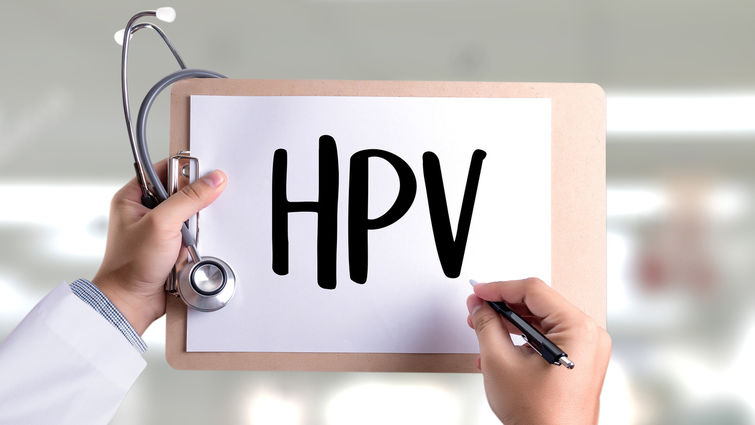
The first grant at Loma Linda University Health's business incubator will seek a cure for the human papillomavirus.
The new start-up incubator at Loma Linda University Health recently landed its first research grant to explore a promising new treatment for the human papillomavirus, or HPV, which causes certain types of cancer.
The grant is a $150,000 Phase 1 SBIR award to the start-up research firm of iSpin, Inc. SBIR stands for small business innovation research, a federal program designed to support small businesses in conducting research and development projects that have commercial potential. iSpin, Inc. is a woman-owned business.
Penelope Duerksen-Hughes, PhD, associate dean for basic sciences and translational research at Loma Linda University School of Medicine and CEO of the company, points out that high-risk types of human papillomavirus (HPV) are responsible for nearly all forms of cervical cancer as well as many cancers and tumors of the head and neck, anus and vulva. “It is difficult to effectively treat late-stage HPV-positive cancers,” she said.
Fortunately, Duerksen-Hughes and her team have identified a small molecule that prevents a protein called E6 from protecting the HPV-infected cells. Researchers hope the molecule, called spinacine, can be combined with conventional therapies to reduce or eliminate tumors caused by HPV. The grant will support tests to see if the spinacine molecule succeeds in helping conventional therapies to defeat HPV-induced tumors in mice. If it does, the group will then seek funding for human clinical trials.
“I’m thrilled because we have the opportunity to move forward with a treatment that may change the lives of cervical cancer patients,” Duerksen-Hughes said.
In announcing the grant, Michael Samardzija, PhD, JD, associate vice president for research affairs, said he is encouraged by the grant. “The fact that we were able to do this so soon after opening is a strong indicator of good things to come,” he said. The center, named n3eight, LLC, and pronounced “incubate,” celebrated its grand opening in April.
Zoran Zivanovic, director of the center, said he hopes iSpin, Inc., and other start-up companies at the center will find success in the laboratory and in the marketplace.
He cited comments by John Husing, PhD, chief economist for the Inland Empire, in support of the idea. Speaking during the 2016 Research Affairs Symposium at Loma Linda University last October, Husing said he anticipates the new center will make a positive contribution to the region’s economy.
“This first grant is a big step in that direction,” Zivanovic said.
